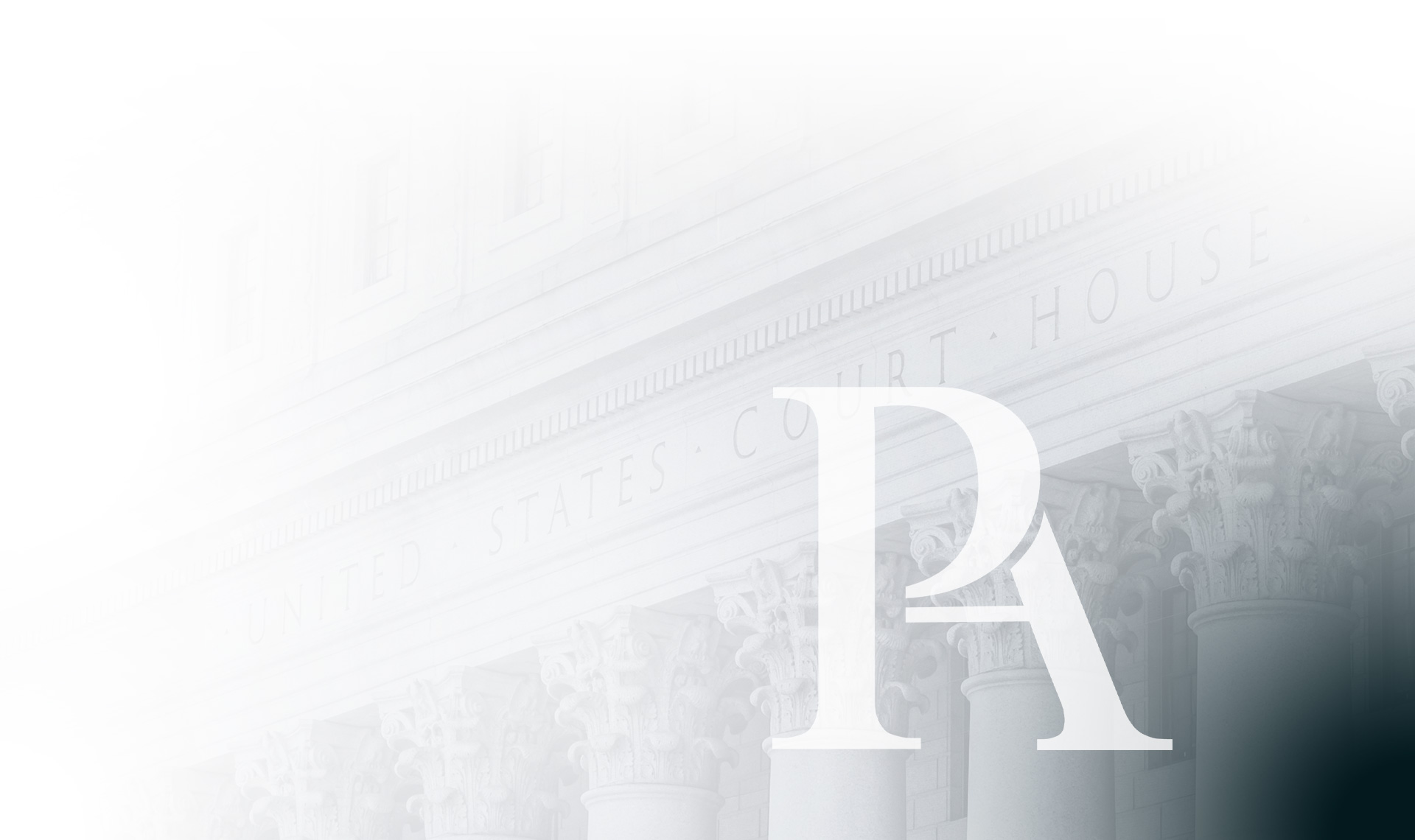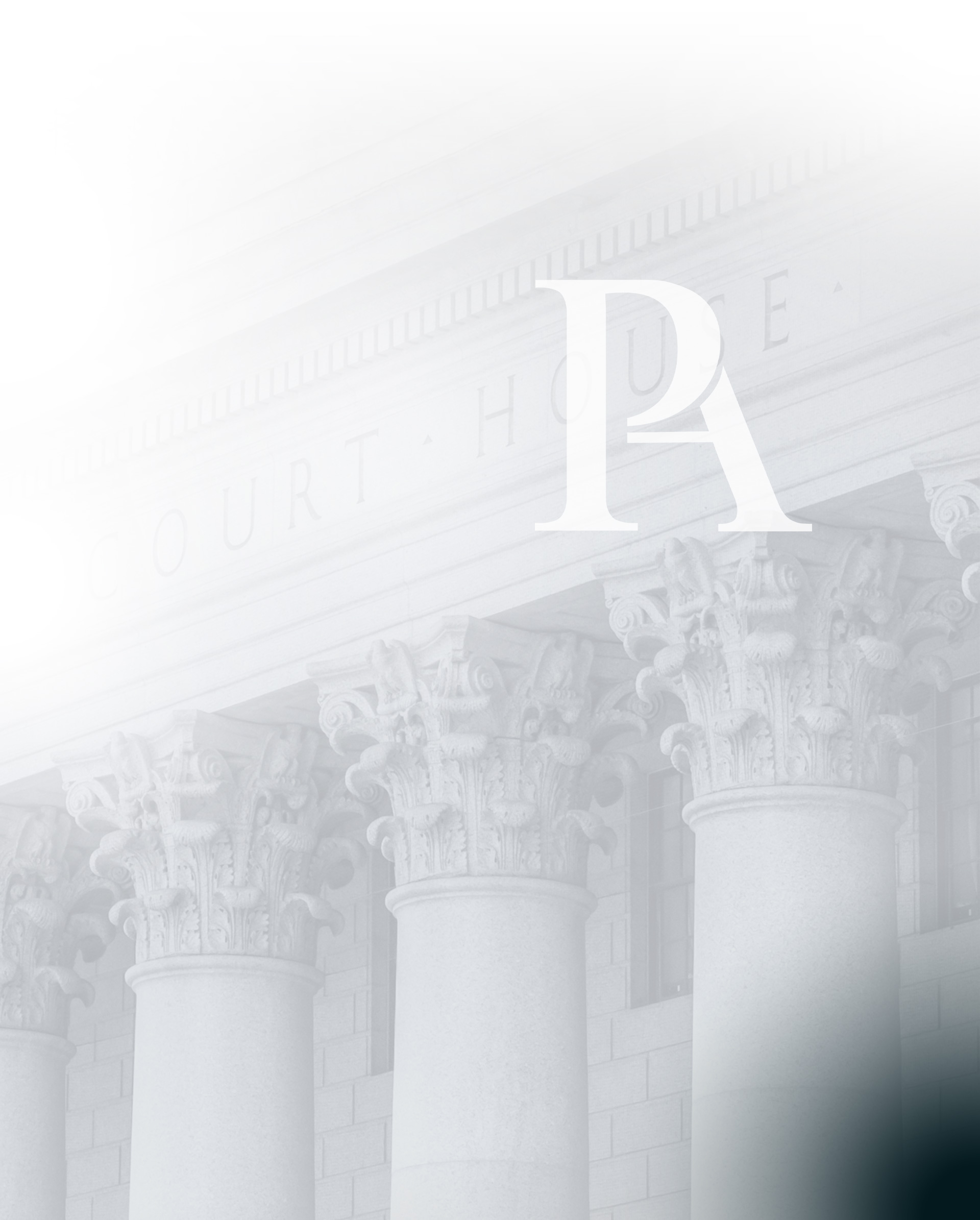Examples of reasonable accommodations include:
- Remote work
- More frequent breaks
- Installation of ramps or other accessibility improvements
- Ergonomic workstations
- Modifications to work processes
An employer can only deny a reasonable accommodation request if it would create an “undue hardship,” meaning it is too expensive or difficult to implement. Some employers will not negotiate in good faith and claim perfectly achievable accommodations constitute undue hardships.
Understanding what constitutes an undue hardship is crucial for both employers and employees. Factors considered include the nature and cost of the accommodation, the financial resources of the facility, and the impact on the operation. It is vital for employers to engage in an interactive process with employees to explore workable solutions that facilitate equal employment opportunities.
Decision-makers in Washington, DC, must consider their organization's financial capacity and the specific needs of the employee when determining if an accommodation poses an undue hardship. Our team at Pitre & Associates can guide employers in understanding their legal obligations and assist employees in advocating effectively for reasonable accommodations without fear of reprisal.
Essential Proof for Your Disability Discrimination Case
To successfully pursue a disability discrimination case, providing sufficient evidence to support your claims is essential.
The following types of proof are crucial in building a strong case:
- Documentation of your disability: Medical records, diagnosis, treatment plans, and any other relevant documentation that verifies your disability.
- Employment records: Job descriptions, performance evaluations, and records of any accommodations requested or provided. These documents can demonstrate your qualifications and performance in the role.
- Correspondence: Emails, letters, or other communications between you and your employer regarding your disability, accommodation requests, and any discriminatory actions or responses.
- Witness statements: Testimonies from colleagues, supervisors, or other individuals who witnessed discriminatory behavior or can attest to the impact of the discrimination on your work environment.
- Records of complaints: Documentation of any formal complaints you filed with your employer’s human resources department or with external agencies such as the Equal Employment Opportunity Commission (EEOC).
- Retaliation evidence: Any documentation showing adverse actions taken by your employer after you requested accommodations or filed a discrimination complaint, such as demotion, reduced hours, or termination.
Collecting and organizing evidence is instrumental in building a solid foundation for your discrimination claim. It is advisable to maintain a detailed log of all relevant interactions that pertain to your employment and any potential discriminatory practices. Securing legal guidance early in the process can significantly enhance your ability to navigate these complex situations effectively.
Navigating Washington, DC Disability Laws
Navigating the intricate landscape of disability discrimination laws in Washington, DC requires a nuanced understanding of both federal and local legislation. The Americans with Disabilities Act (ADA) provides a comprehensive framework, but states and municipalities often have additional protections.
In Washington, DC, the Human Rights Act offers broader coverage that prohibits discrimination and requires reasonable accommodations for employees with disabilities. At Pitre & Associates, we keep abreast of the latest developments in disability law to provide our clients with informed and reliable legal representation, ensuring they receive the protection and advocacy they deserve.
How Our Washington, DC Team Can Support You
Our dedication extends beyond standard legal services. We prioritize empowering our clients with the knowledge and resources needed to advocate effectively for their rights. Through clear communication and comprehensive support, we strive to alleviate the stress associated with legal proceedings and foster resilience throughout the process.
Here’s how we can assist you:
- Case evaluation: We will thoroughly review the details of your case, including all relevant documentation and evidence, to determine the strength of your claim and the best course of action.
- Legal guidance: We will explain your rights under the ADA and other relevant laws, ensuring you understand your options and the possible results of your claim.
- Filing a complaint: We will assist you in filing a formal complaint with the EEOC or other appropriate agencies, ensuring that all procedural requirements are met.
- Negotiation & mediation: We will represent you with your employer to seek a fair resolution, including potential settlements or accommodations.
- Litigation: If required, we will take your case to court to fight for your rights and pursue the compensation you deserve.
Frequently Asked Questions About Disability Discrimination
What Should I Do If I Face Disability Discrimination at Work?
If you encounter disability discrimination at work, it is essential to take immediate action to protect your rights. Start by maintaining a detailed record of incidents, documenting dates, times, and descriptions of discriminatory actions. This documentation is crucial when seeking legal recourse. Next, consider filing a formal complaint with your company's human resources department.
If internal solutions are ineffective, you may wish to file a complaint with the Equal Employment Opportunity Commission (EEOC) or consult with a legal professional who specializes in disability discrimination cases. At Pitre & Associates, we can assist you in evaluating your case and guide you through the process, ensuring that your rights are protected and effectively advocated for in an unbiased legal course of action.
How Are Disability Discrimination Claims Resolved?
Disability discrimination claims can be resolved through various methods, often beginning with informal negotiations or mediation facilitated by the employer or a third party, aiming to reach a fair settlement or accommodation. If these are unsuccessful, the next step typically involves filing a formal complaint with the EEOC, which will investigate the claim and attempt to mediate.
Should these efforts fail, litigation may be pursued, presenting the case in court for a legally binding resolution. Each path requires careful navigation, and our firm at Pitre & Associates is equipped to provide comprehensive support at every stage to ensure the most favorable outcome possible.
What Protections Do the ADA Provide?
The Americans with Disabilities Act (ADA) is a seminal law that promotes the civil rights of individuals with disabilities across multiple areas, including employment. Under the ADA, employers with 15 or more employees are prohibited from discriminating against qualified individuals with disabilities during all facets of employment—hiring, promotions, job assignments, and benefits, among others.
The ADA also requires these employers to provide reasonable accommodations unless doing so would cause undue hardship. Understanding these protections is crucial for both employers and employees to ensure respectful and lawful workplace interactions. Our firm provides guidance to help you navigate ADA regulations effectively.
Can I Be Retaliated Against for Reporting Discrimination?
Retaliation for reporting discrimination is illegal under both federal and state laws. This includes adverse actions such as termination, demotion, salary reduction, or any other unfavorable treatment as a result of filing a discrimination complaint.
Ensuring awareness of your rights against retaliation is essential, and should you experience retaliatory behavior, documenting these incidents meticulously can bolster your case. At Pitre & Associates, we stand ready to support and guide you through the steps necessary to address and rectify any retaliation effectively.
What Is the Role of the EEOC in Disability Discrimination Cases?
The Equal Employment Opportunity Commission (EEOC) plays a pivotal role in enforcing federal laws concerning employment discrimination, including disability discrimination cases. The EEOC investigates complaints to determine whether there is reasonable cause to believe discrimination occurred.
If found, they will attempt to mediate between the employer and employee. Should mediation fail, the EEOC may take legal action on behalf of the employee or authorize the employee to file a lawsuit independently. Engaging with the EEOC can be complex, and having legal representation can ensure clarity and confidence in the steps taken throughout this process.
Contact Our Washington, DC Disability Discrimination Attorneys Today
You do not have to accept any form of disability discrimination. Our team at Pitre & Associates knows how to effectively approach these cases and will pursue the compensation you deserve. Our Washington, DC, disability discrimination attorney can help you file a claim with the federal Equal Employment Opportunity Commission (EEOC) or your territory’s equivalent enforcement agency.
You only have a limited amount of time to file a disability discrimination claim, so call (202) 759-6544 or contact us online today to get started with our Washington, DC, federal disability discrimination lawyers. Flexible payment options are available.




